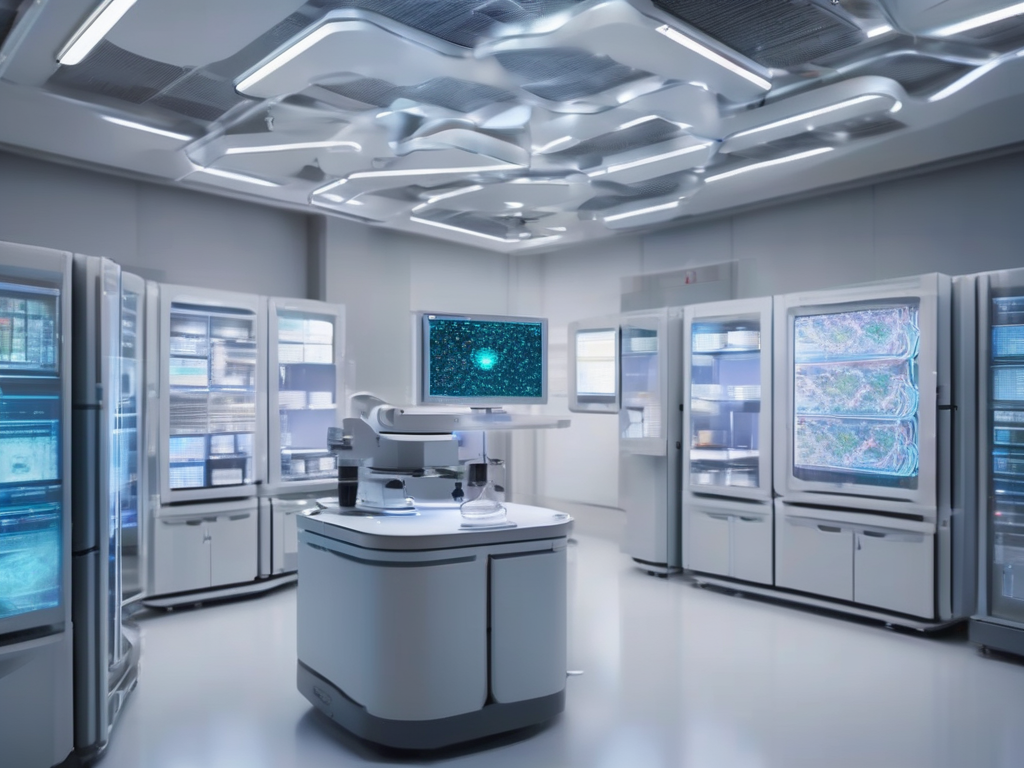Center for Genomic Regulation: AI-Designed DNA Controls Genes in Healthy Mammalian Cells
Researchers at the Centre for Genomic Regulation (CRG) have achieved a groundbreaking milestone: the first reported instance of generative AI designing synthetic molecules that successfully control gene expression in healthy mammalian cells.
Revolutionary Generative Biology
Published in Cell on May 8, 2025, this study marks a significant advancement in generative biology. Researchers created an AI tool that designs DNA regulatory sequences not seen in nature, capable of creating synthetic DNA fragments with custom criteria like "switch this gene on in stem cells becoming red blood cells but not platelets."
The model predicts which DNA letter combinations (A, T, C, G) are needed for specific gene expression patterns in particular cell types. Researchers then chemically synthesize roughly 250-letter DNA fragments and deliver them via virus into cells.
Proof-of-Concept Success
As demonstration, researchers asked AI to design synthetic fragments activating fluorescent protein genes in some cells while leaving others unaltered. Creating fragments from scratch and introducing them into mouse blood cells, where sequences fused with genomes at random locations, experiments worked exactly as predicted.
"The potential applications are vast. It's like writing software but for biology, giving us new ways of instructing cells and guiding their development with unprecedented accuracy," says Dr. Robert Frömel, first author who conducted work at CRG Barcelona.
Transformative Applications
This breakthrough could lead to new gene therapy approaches that boost or dampen gene activity only in cells or tissues needing adjustment. It paves the way for fine-tuning patient genes, making treatments more effective while reducing side effects.
Technical Innovation
The work addresses a fundamental challenge in generative biology. While advances have largely benefited protein design, many human diseases stem from faulty cell-type-specific gene expression, for which perfect protein drug candidates may never exist.
Gene expression is controlled by regulatory elements like enhancers—tiny DNA fragments switching genes on or off. AI-generated enhancers can engineer ultra-selective switches nature hasn't invented, designed for exactly the on/off patterns required in specific cell types.
Dr. Lars Velten, corresponding author and CRG researcher, explains: "To create a language model for biology, you must understand the language cells speak. We deciphered grammar rules for enhancers to create entirely new words and sentences."
This represents a powerful milestone in precision medicine and synthetic biology.
Ready to implement these insights?
Let's discuss how these strategies can be applied to your specific business challenges.
You might also like
More insights from Biotechnology
